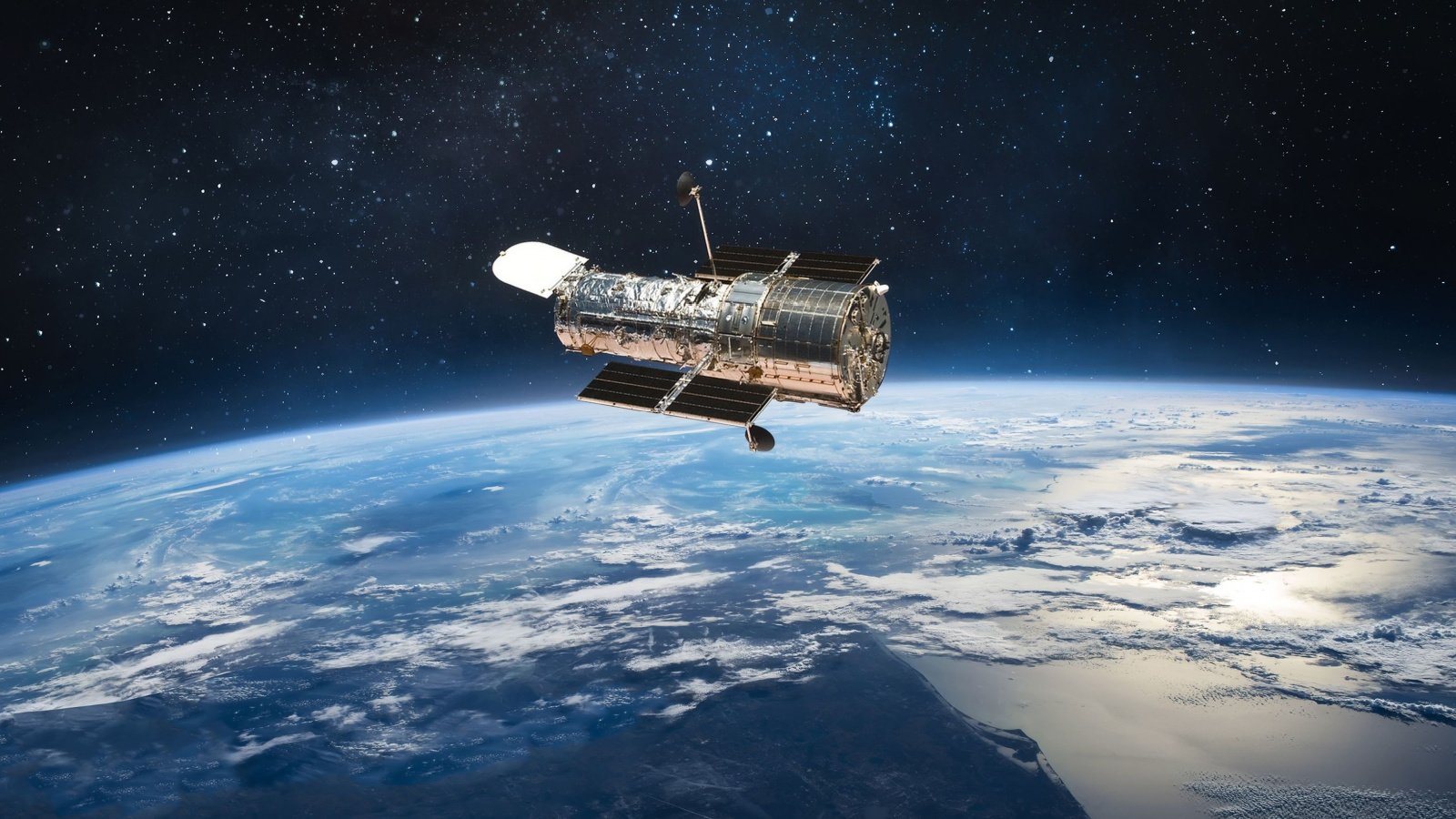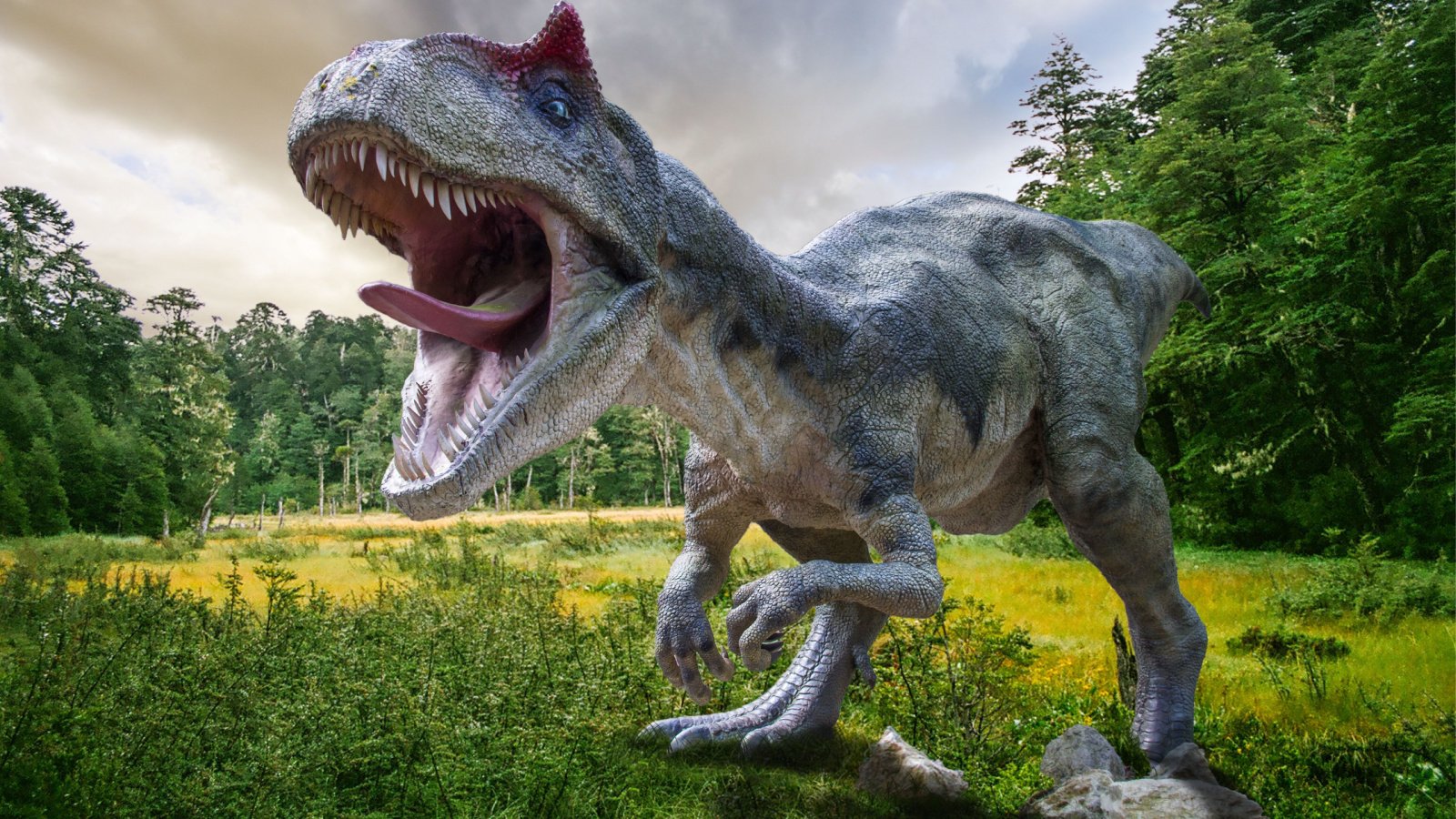Despite abundant scientific evidence, many people continue to doubt certain facts supported by sound research due to misinformation, cultural beliefs, or resistance to change. Here, we examine scientifically proven facts that some still find hard to accept.
Vaccines Save Lives

Decades of research have proven that vaccines are effective in preventing diseases like measles, polio, and influenza. They work by teaching the immune system to recognize and combat pathogens. Despite their proven efficacy, some still question their safety.
Climate Change Is Real

Climate change, driven by human activities like burning fossil fuels and deforestation, is causing global temperatures to rise. This change is leading to more extreme weather, melting glaciers, and disrupted wildlife patterns. Skepticism persists, fueled by political ideology.
The Earth Is Round

The notion of a spherical Earth dates back to ancient Greece, confirmed by millennia of observations and modern astronomy. Photos from space clearly show its shape, and yet, the flat Earth theory has seen a resurgence in recent years.
Evolution by Natural Selection

Charles Darwin’s theory of evolution by natural, and sometimes sexual, selection explains the diversity of life on Earth. It is supported by extensive genetic, fossil, and observational evidence. Despite this, some groups reject evolutionary science due to conflicts with religious beliefs.
Antibiotics Don’t Treat Viruses

Antibiotics are designed to combat bacteria, not viruses, and are ineffective against colds, influenza, and other viral infections. Misuse and overprescription of antibiotics lead to antibiotic resistance, a growing public health threat.
Mental Health Is as Important as Physical Health

Mental health significantly impacts physical health and overall well-being, a fact supported by numerous studies. Conditions like depression and anxiety affect the body in ways comparable to physical ailments. Despite growing awareness, stigma and neglect still surround mental health.
Dinosaurs Went Extinct Due to a Catastrophic Event

The mass extinction of dinosaurs about 65 million years ago is widely attributed to a meteor strike and volcanic activity. This event created environmental changes that dinosaurs could not survive. Some theories persist that deny this event, suggesting less scientific explanations.
Genetically Modified Foods Are Safe

Extensive testing has shown that genetically modified foods (GM foods) are safe for human consumption. Misunderstandings and fear about genetic modification technology continue to cause skepticism.
Smoking Causes Cancer

A direct link between smoking and cancer has been established through comprehensive research showing that tobacco smoke contains carcinogens. Lung cancer in smokers is significantly higher than in non-smokers.
Humans Need Sleep

Sleep is critical for physical health and cognitive function, as it helps repair the body and consolidate memories. Research shows that chronic sleep deprivation can lead to serious health problems, including heart disease and diabetes. Yet, modern culture often undervalues sleep.
Sugar Is Unhealthy in Large Amounts

Consuming large amounts of sugar is linked to numerous health issues, including obesity, type 2 diabetes, and heart disease. Sugar induces high blood sugar and fat levels, which are detrimental to health. Despite these facts, high sugar consumption remains common.
Water Is Essential for Life

All known life forms require water to survive, making it the most essential substance for life on Earth. Water’s unique chemical properties allow it to support cellular processes. Ignorance about the critical need for clean water persists, affecting conservation efforts.
Secondhand Smoke Is Harmful

Exposure to secondhand smoke has been scientifically shown to cause cancer in nonsmokers. It poses a significant health risk, particularly to children and pregnant women. Some people continue to downplay the dangers of secondhand smoke.
Exercise Benefits More Than the Body

Regular physical activity is proven to boost mental health, reduce stress, and enhance cognitive function. It increases endorphins and blood flow to the brain, improving mood and alertness. Yet, many overlook exercise’s mental benefits, focusing only on physical fitness.
The Sun Is a Star

The sun is a typical star that generates energy through nuclear fusion. It is the closest star to Earth, providing the light and heat essential for our planet’s life. Common misconceptions about the sun’s nature and its role in the solar system still linger.
Global Biodiversity Is Declining

Species extinction rates are accelerating, largely due to human activities such as habitat destruction, pollution, and climate change. Biodiversity loss affects ecosystems and human societies by disrupting food chains and natural processes. Denial of this fact hinders conservation.
Plastic Pollution Affects Marine Life

Plastic waste severely impacts marine ecosystems, harming wildlife and spreading toxins. Marine species ingest or become entangled in plastic debris, leading to injury or death. Awareness is increasing, but many continue to use plastics indiscriminately.
Handwashing Prevents Illnesses

Regular handwashing with soap removes pathogens and significantly reduces the incidence of infectious diseases. It is one of the most effective and inexpensive ways to prevent the spread of infections. Despite this, compliance with handwashing guidelines is often poor.
Reading Improves Brain Function

Reading regularly strengthens brain connections and builds new synapses, improving cognitive function over time. It enhances vocabulary, reduces stress, and increases empathy. Some people undervalue reading due to digital distractions.
Cutting Down Forests Accelerates Climate Change

Deforestation contributes significantly to climate change by reducing the planet’s capacity to absorb carbon dioxide. Forests play a critical role in regulating the Earth’s temperature and weather patterns. Despite this, deforestation continues at an alarming rate.
Alcohol Can Be Harmful

Regular excessive alcohol consumption is detrimental to health, leading to liver disease, heart problems, and addiction. While moderate drinking can have some health benefits, the risks of heavy drinking are well-documented.
Oceans Regulate Climate

Oceans play a crucial role in regulating the Earth’s climate by absorbing heat and carbon dioxide. Changes in ocean temperatures and currents have far-reaching effects on global weather patterns. Despite their importance, ocean conservation is often neglected in climate change discussions.
Noise Pollution Impacts Health

Chronic exposure to high levels of noise is harmful, leading to stress, poor sleep, and cardiovascular diseases. Urbanization and modern lifestyles increase noise pollution, affecting millions of people. Public awareness of its health impacts is limited.








